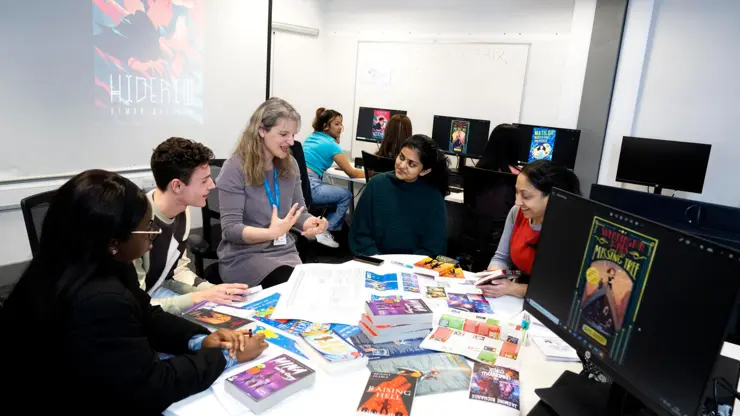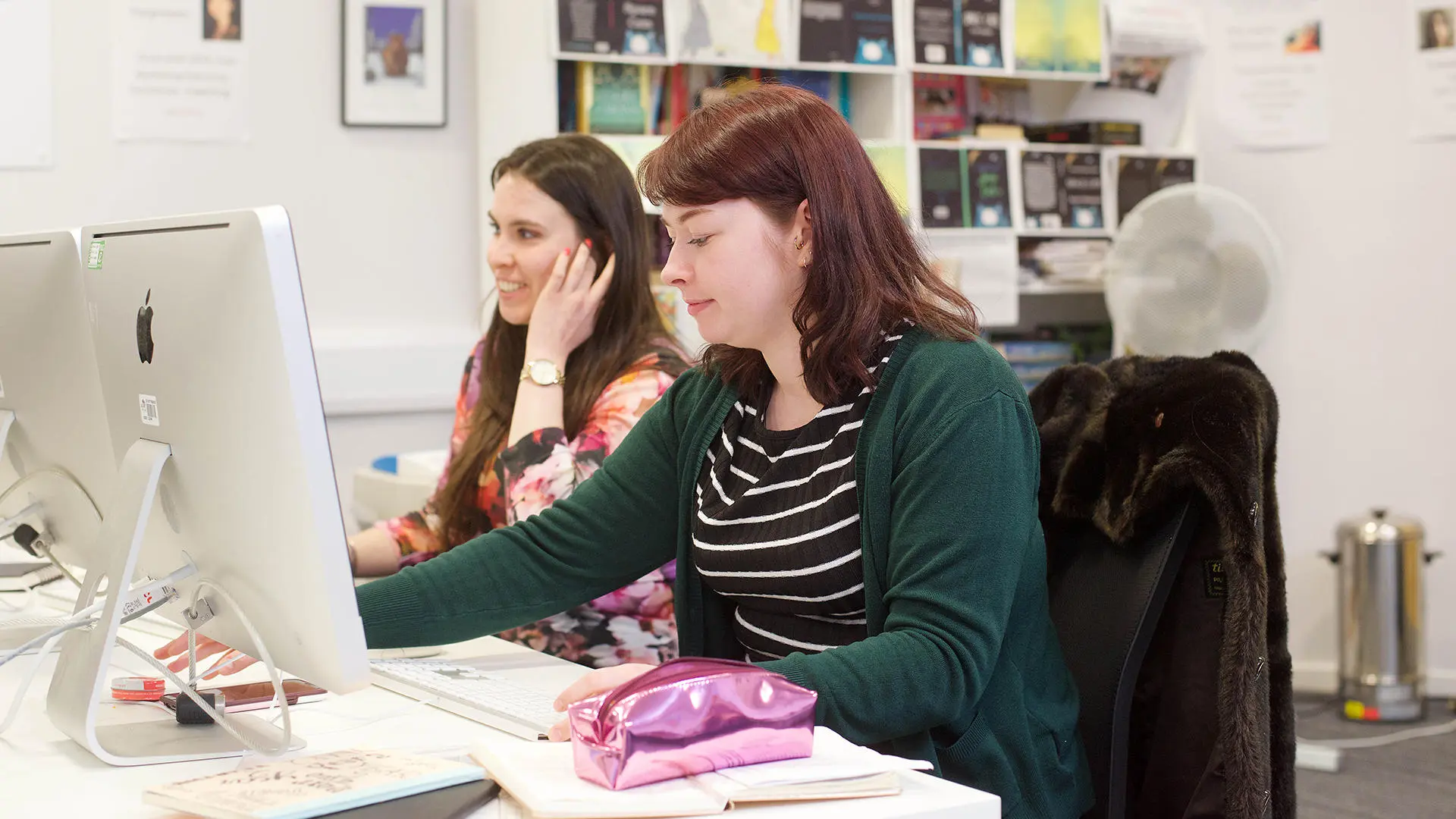What is publishing?
Publishing involves the editing, design, manufacture, marketing and distribution of a book. This is done by a publishing house, like Penguin Random House. There are lots of different roles and departments involved.
You should think about what role you want to do in publishing. Would you like to be a book editor or work in marketing? Publisher positions are generally more competitive and require more experience, as they oversee everything. You could apply for a role in another department, which would allow you to work your way up to a publisher.
You should also think about what kind of publishing house you want to work for. There are literary giants like Penguin Random House, HarperCollins and Bloomsbury. Working in a big organisation can allow you to specialise in the area you're interested in. You could also work for a smaller publishing house, where you act as a jack-of-all-trades and take on multiple responsibilities at once.
Day-to-day duties of a publisher
Do you need a degree?
You don't need a degree to get into publishing, but it can help. Some entry level roles do not require a degree, but positions further up the ladder may.
Most people think you need an English literature degree to get into publishing, but this isn't true. Employers mainly care about the skills you have, rather than the degree you've done. A history, journalism or creative writing degree can equip you with the writing and critical thinking skills you need.
If you want to work in a specialist area of publishing, you may need a degree in that subject. For example, to work at a science publication, you will need a science degree.
Postgraduate degree
If you're serious about getting into publishing, then you should consider a postgraduate degree in publishing. Here at the University of Central Lancashire, we have a Publishing MA.
This is a very practical, skills-focused degree. You will learn editorial skills, and about the marketing and publicity of books. It is also the only postgraduate Publishing degree which has an operating publishing house. You will work on a live brief throughout the year, putting the skills you learn into practice. This will give you valuable real-world experience, which can help you get a job.

What skills do you need?
Work experience
If you want to know how to get into publishing, work experience is vital. Many publishing houses offer paid internships. These are a great way to experience the day-to-day role and network with other people in publishing. It can also help you decide whether publishing is for you.
These internships are often very competitive, so you aren't guaranteed to get one. Most of them are in London or other major cities. You may want to choose a degree with work experience built into the course, like our Publishing MA.

Applying for a role
Publishing is very competitive, but there are a few things you can do to help your application stand out.
- Research the role - take a look at the role and responsibilities, and demonstrate that you have the ability to do them. You should also research the publishing house and look at recent publications to demonstrate your interest in the interview.
- Skills-focused - make sure your CV is skills-focused. Don't just put 'supervised team of 5', show what you've learned from that. Demonstrate that you've got excellent communication, teamwork and organisational skills, which you developed when you supervising a small team.
- Apply for different roles - be open to different roles, especially at the start of your career. You may not get a publisher role right away, but you could get a position in another department. This will allow you to gain experience, network and work your way up.
- Networking - building industry connections can make you top of mind when a new role opens up. Keep your LinkedIn up-to-date and attend literary fairs. You could also create an Instagram or TikTok, where you display your love of books and industry knowledge.
- Be interested - demonstrate your passion for reading and publishing in general. Keep up with the latest industry trends and come up with your own opinion.
Remember that publishing is very competitive, so you might not get a role right away. Keep your options open and apply for a range of roles. You can always consider freelance as well. A lot of publishing houses work with freelance copywriters and editors to help with the workload.
We hope this has helped you understand how to get into publishing. While a degree isn't always necessary, it does help. Browse our courses below or take a look at our Publishing MA.
Where next?
- Course
Publishing, MA

